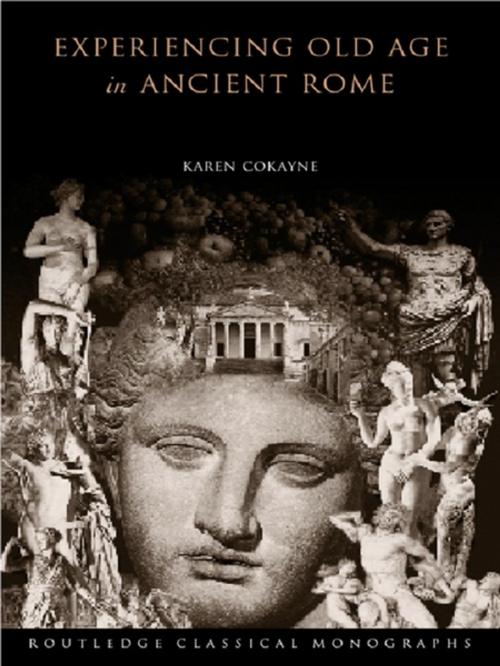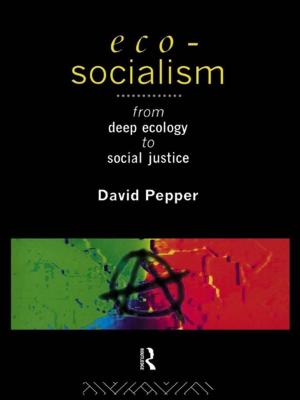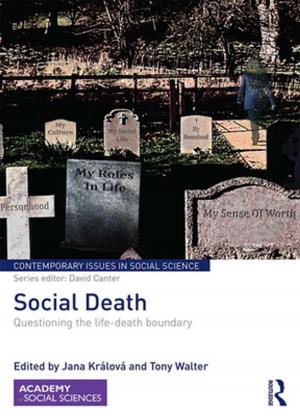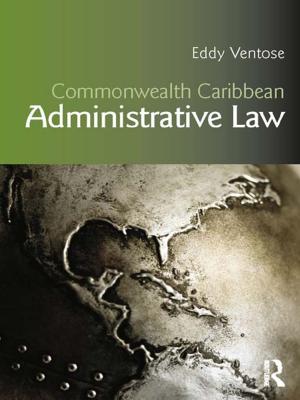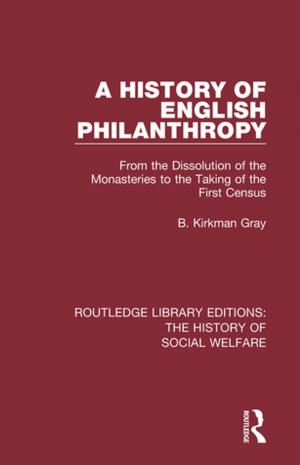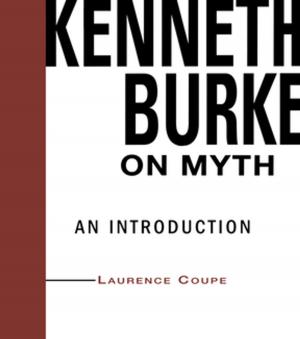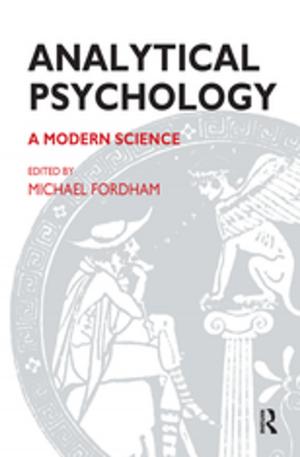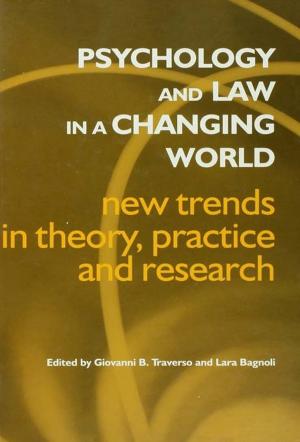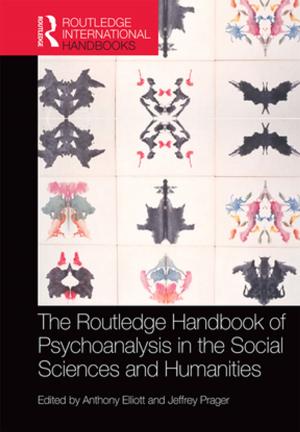| Author: | Karen Cokayne | ISBN: | 9781136000065 |
| Publisher: | Taylor and Francis | Publication: | January 11, 2013 |
| Imprint: | Routledge | Language: | English |
| Author: | Karen Cokayne |
| ISBN: | 9781136000065 |
| Publisher: | Taylor and Francis |
| Publication: | January 11, 2013 |
| Imprint: | Routledge |
| Language: | English |
Old age today is a contentious topic. It can be seen as a demographic timebomb or as a resource of wisdom and experience to be valued and exploited. There is frequent debate over how we value the elderly, and whether ageing is an affliction to be treated or a natural process to be embraced. Karen Cokayne explores how ancient Rome dealt with the physical, intellectual and emotional implications of the ageing process, and asks how the Romans themselves experienced and responded to old age. Drawing on a wide range of contemporary material - written sources, inscriptions, and visual evidence - the study brings into focus universal concerns, including geriatric illness, memory loss and senility; the status and role of the old, sexuality and family relationships. The book's unique emphasis on both the individual and society's responses to ageing makes it a valuable contribution to the study of the social history of Rome.
Old age today is a contentious topic. It can be seen as a demographic timebomb or as a resource of wisdom and experience to be valued and exploited. There is frequent debate over how we value the elderly, and whether ageing is an affliction to be treated or a natural process to be embraced. Karen Cokayne explores how ancient Rome dealt with the physical, intellectual and emotional implications of the ageing process, and asks how the Romans themselves experienced and responded to old age. Drawing on a wide range of contemporary material - written sources, inscriptions, and visual evidence - the study brings into focus universal concerns, including geriatric illness, memory loss and senility; the status and role of the old, sexuality and family relationships. The book's unique emphasis on both the individual and society's responses to ageing makes it a valuable contribution to the study of the social history of Rome.
